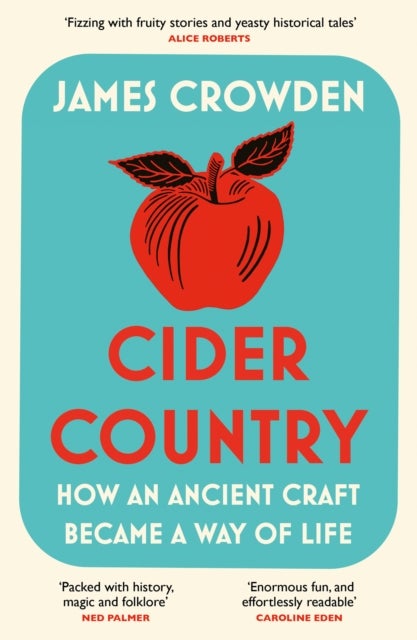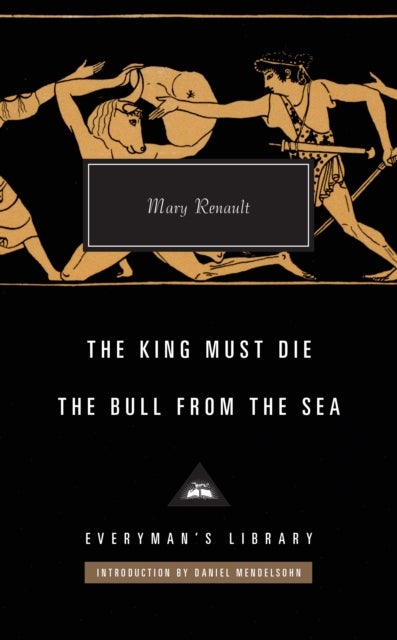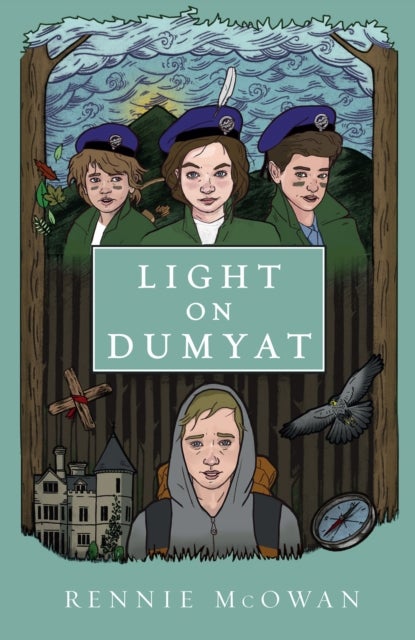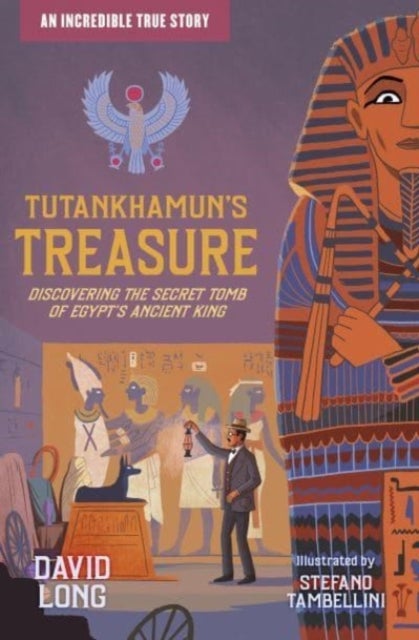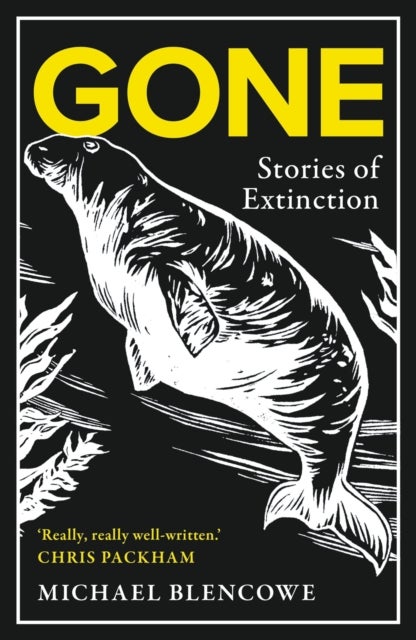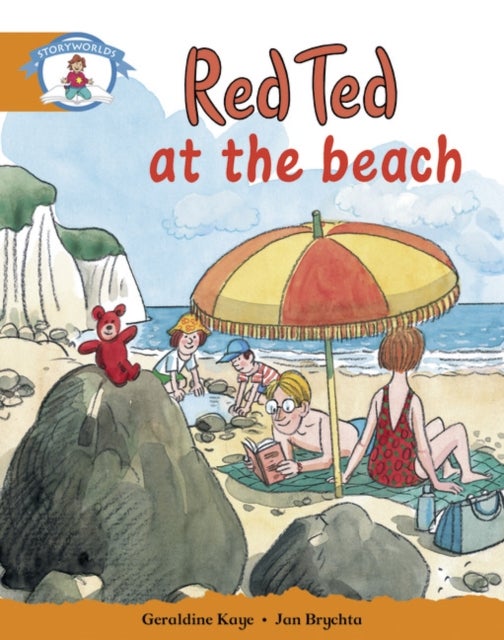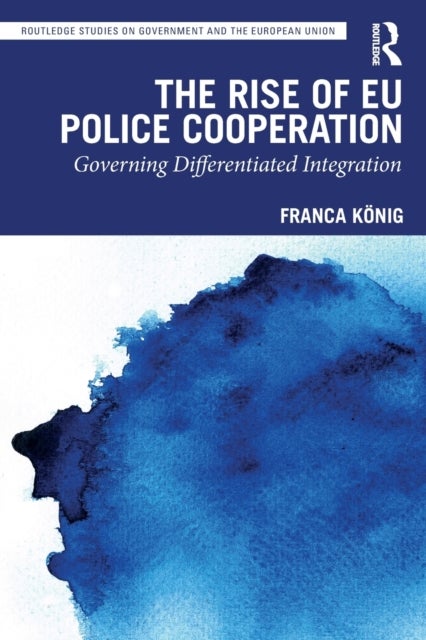
The Rise of EU Police Cooperation av Franca (Hertie School of Governance Germany) Konig
469,-
<P>This book provides an in-depth empirical analysis and theoretical history of the institutional development of EU police cooperation, with a focus on the creation and integration of Europol. </P><P>Presenting a thoroughly comprehensive analysis, the book systematically traces integration dynamics and the evolution of EU police cooperation over a 40-year period, assessing the influence of cross-country interdependencies, politicisation and policy entrepreneurship on Member States¿ behaviour and institutional choice. By combining a wealth of sources including previously unpublished sources and personal insights from key decision-makers, it explores which driving factors shape processes of differentiation and integration in this sovereignty-sensitive policy domain, and how, and attempts to explain state preferences on international police cooperation in the light of major theories of European integration. </P><P>The book will be of key interest to students, scholars and practitioners wo


